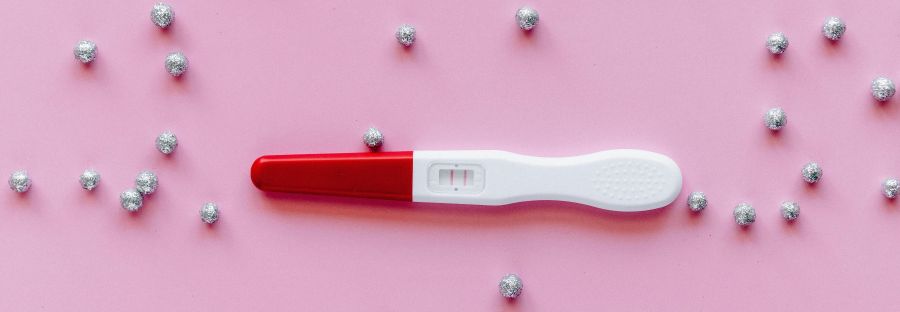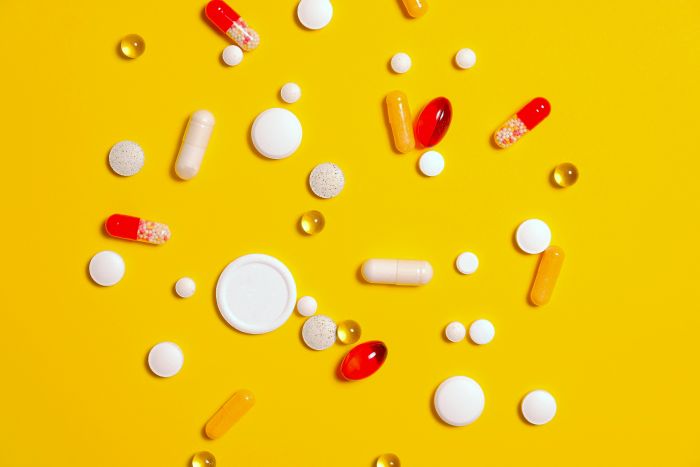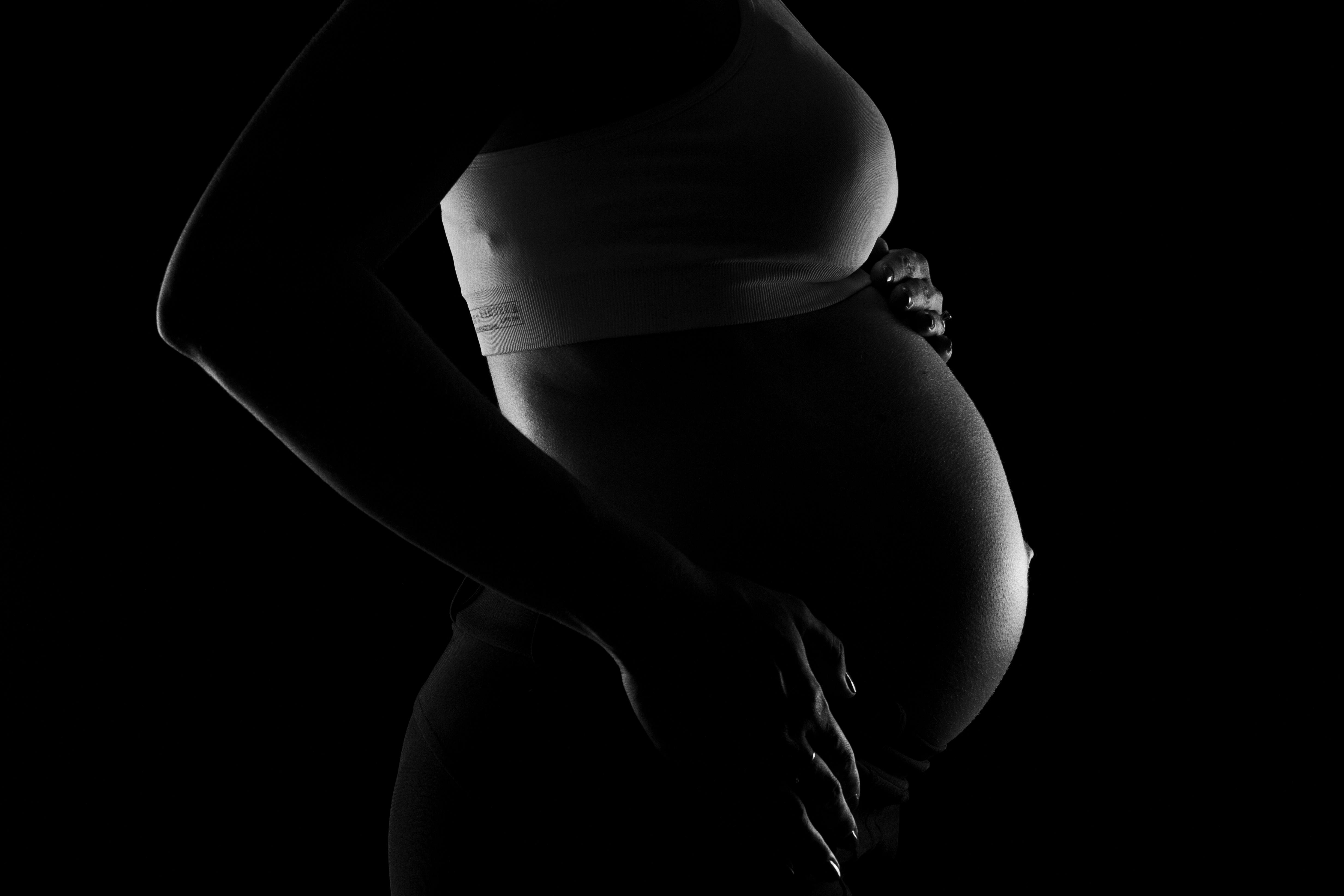Vitamin D plays a crucial role in your fertility journey, affecting everything from hormone production to egg quality and implantation success. Understanding this connection can help you optimize your chances of conception naturally or through fertility treatments.
What Is Vitamin D and Why Does It Matter for Fertility?
Vitamin D is often called the "sunshine vitamin" because your body produces it when your skin is exposed to sunlight. However, it's much more than just a vitamin – it functions as a hormone that regulates over 1,000 genes in your body, including many involved in reproductive health.
When it comes to fertility, vitamin D deficiency affects approximately 40-85% of people trying to conceive, making it one of the most common nutritional deficiencies we see at fertility clinics. This deficiency can significantly impact your ability to get pregnant and maintain a healthy pregnancy.
| Vitamin D Function | Impact on Fertility |
|---|---|
| Hormone regulation | Supports healthy estrogen and progesterone levels |
| Immune system modulation | Reduces inflammation that can interfere with conception |
| Calcium absorption | Essential for proper muscle function, including uterine contractions |
| Gene expression | Influences genes involved in implantation and pregnancy maintenance |
Research shows that adequate vitamin D levels can improve your chances of conception by up to 34% compared to those with deficient levels. This makes vitamin D optimization an essential part of your natural fertility treatment approach.
How Vitamin D Affects Female Fertility
For women, vitamin D influences multiple aspects of reproductive health. Your ovaries, uterus, and placenta all have vitamin D receptors, indicating how important this nutrient is for proper reproductive function.
Ovarian Function and Egg Quality
Vitamin D helps regulate the genes responsible for egg development and maturation. When you have adequate levels, your eggs are more likely to develop properly and have better chromosomal integrity. This is particularly important if you're considering strategies to improve egg quality before fertility treatment.
Studies indicate that women with sufficient vitamin D levels have:
| Fertility Marker | Improvement with Adequate Vitamin D |
|---|---|
| Egg quality | 15-20% better morphology scores |
| Ovulation regularity | 25% more consistent cycles |
| AMH levels | Better correlation with actual ovarian reserve |
| Follicle development | More mature, viable follicles |
Endometrial Health and Implantation
Your endometrium – the lining of your uterus where embryos implant – contains vitamin D receptors throughout. Adequate vitamin D levels help create the optimal environment for implantation by:
Supporting proper endometrial thickness and receptivity, which is crucial whether you're trying to conceive naturally or preparing for embryo transfer. The vitamin also helps regulate immune responses in the uterus, preventing your body from rejecting a developing embryo.
Vitamin D's Impact on Male Fertility
Men's fertility is equally affected by vitamin D status. Sperm cells have vitamin D receptors, and adequate levels are essential for optimal sperm production and function.
Sperm Quality Parameters
Research demonstrates that men with sufficient vitamin D levels show significant improvements in sperm quality compared to those with deficiency:
| Sperm Parameter | Improvement with Adequate Vitamin D |
|---|---|
| Sperm concentration | 20-30% higher counts |
| Motility (movement) | 15-25% better progressive motility |
| Morphology (shape) | 10-15% more normal forms |
| DNA integrity | Reduced DNA fragmentation |
These improvements are particularly relevant for couples considering sperm quality enhancement strategies or those who may need ICSI treatment due to male factor infertility.
Testosterone Production
Vitamin D supports healthy testosterone production, which is essential for sperm development. Men with adequate vitamin D levels typically maintain better hormonal balance, supporting overall reproductive health and sexual function.
Vitamin D and IVF Success Rates
If you're considering or undergoing IVF treatment, your vitamin D status can significantly impact your success rates. Multiple studies have shown compelling connections between vitamin D levels and IVF outcomes.
Clinical Pregnancy Rates
According to Rudick et al. (2012), women with sufficient vitamin D levels (≥30 ng/mL) had significantly higher clinical pregnancy rates during IVF cycles compared to those with deficient levels. The study found that adequate vitamin D was associated with a 34% increase in the likelihood of achieving clinical pregnancy.
| Vitamin D Level | Clinical Pregnancy Rate | Live Birth Rate |
|---|---|---|
| Deficient (<20 ng/mL) | 37% | 31% |
| Insufficient (20-29 ng/mL) | 42% | 35% |
| Sufficient (≥30 ng/mL) | 53% | 47% |
These results are particularly encouraging for patients undergoing IVF treatment, as optimizing vitamin D levels represents a relatively simple intervention that can significantly improve outcomes.
Embryo Quality and Development
Vitamin D also influences embryo quality during IVF cycles. Women with adequate levels tend to produce embryos with better morphology scores and higher implantation potential. This is especially relevant when considering embryo grading and selection strategies.
Optimal Vitamin D Levels for Fertility
Understanding what constitutes optimal vitamin D levels for fertility is crucial for your treatment planning. While general health guidelines may differ, fertility-specific recommendations are more stringent.
Testing and Target Levels
The most accurate way to assess your vitamin D status is through a 25-hydroxyvitamin D blood test. This test measures the storage form of vitamin D in your body and provides the most reliable indicator of your vitamin D status.
| Vitamin D Level (ng/mL) | Classification | Fertility Impact |
|---|---|---|
| <20 | Deficient | Significantly impaired fertility |
| 20-29 | Insufficient | Suboptimal fertility outcomes |
| 30-50 | Sufficient | Optimal for fertility |
| >50 | High | Monitor for potential toxicity |
For fertility purposes, most reproductive endocrinologists recommend maintaining levels between 30-40 ng/mL (75-100 nmol/L). This range appears to optimize reproductive outcomes while minimizing any risk of toxicity.
Seasonal Variations
Your vitamin D levels naturally fluctuate throughout the year, typically being lowest in late winter and highest in late summer. This seasonal variation can affect your fertility, which is why consistent supplementation is often necessary regardless of the season.
Sources of Vitamin D for Fertility Optimization
There are three primary ways to increase your vitamin D levels: sunlight exposure, dietary sources, and supplementation. Each has its role in maintaining optimal levels for fertility.
Sunlight Exposure
Your skin produces vitamin D when exposed to UVB radiation from sunlight. However, factors like geographic location, season, skin color, age, and sunscreen use all affect how much vitamin D you can produce naturally.
For fertility optimization, aim for 10-30 minutes of midday sun exposure several times per week, depending on your skin type and location. However, sunlight alone is rarely sufficient to achieve optimal levels, especially during winter months or if you live in northern climates.
Dietary Sources
While few foods naturally contain significant amounts of vitamin D, incorporating these sources can support your overall intake:
| Food Source | Vitamin D Content (IU per serving) |
|---|---|
| Fatty fish (salmon, mackerel, sardines) | 400-1000 IU per 3.5 oz |
| Fortified milk | 100-144 IU per cup |
| Fortified cereals | 40-100 IU per serving |
| Egg yolks (from pasture-raised hens) | 20-40 IU per yolk |
| Mushrooms (UV-exposed) | 400 IU per cup |
Including these foods as part of a fertility-supporting diet can help maintain adequate vitamin D levels alongside supplementation.
Supplementation Guidelines
Most people trying to conceive will need vitamin D supplementation to achieve and maintain optimal levels. The appropriate dose depends on your current levels, body weight, geographic location, and individual absorption capacity.
General supplementation guidelines for fertility include:
| Current Vitamin D Level | Recommended Daily Dose | Duration |
|---|---|---|
| Severely deficient (<10 ng/mL) | 4000-6000 IU | 3-6 months, then retest |
| Deficient (10-20 ng/mL) | 2000-4000 IU | 2-4 months, then retest |
| Insufficient (20-29 ng/mL) | 1000-2000 IU | 2-3 months, then retest |
| Maintenance (≥30 ng/mL) | 1000-2000 IU | Ongoing |
Always work with your healthcare provider to determine the appropriate dose for your specific situation, especially if you're undergoing fertility treatments or taking other fertility supplements.
Vitamin D Deficiency: Risk Factors and Symptoms
Understanding your risk factors for vitamin D deficiency can help you take proactive steps to optimize your levels before and during fertility treatment.
Common Risk Factors
Several factors increase your likelihood of vitamin D deficiency:
| Risk Factor | Impact on Vitamin D |
|---|---|
| Limited sun exposure | Reduced natural production |
| Darker skin pigmentation | Requires more sun exposure for same production |
| Geographic location (northern latitudes) | Less UVB radiation available |
| Age over 50 | Decreased skin synthesis capacity |
| Obesity (BMI >30) | Vitamin D sequestered in fat tissue |
| Malabsorption disorders | Poor absorption from diet/supplements |
| Strict vegan diet | Limited dietary sources |
Recognizing Deficiency Symptoms
Vitamin D deficiency can be subtle, but certain symptoms may indicate low levels that could be affecting your fertility:
Fatigue and weakness are often the first signs, followed by mood changes, frequent infections, and bone or muscle pain. Some women also experience irregular menstrual cycles or more severe PMS symptoms when vitamin D levels are low.
If you're experiencing these symptoms alongside difficulty conceiving, discussing vitamin D testing with your healthcare provider is essential, especially before starting fertility treatment evaluations.
Vitamin D and Pregnancy Complications
Adequate vitamin D levels aren't just important for conception – they're crucial throughout pregnancy for both maternal and fetal health.
Pregnancy Outcomes
Research by Bodnar et al. (2007) demonstrated that vitamin D deficiency during pregnancy is associated with increased risks of several complications that can affect both mother and baby.
| Complication | Risk Increase with Deficiency |
|---|---|
| Gestational diabetes | 2.66 times higher risk |
| Preeclampsia | 1.79 times higher risk |
| Preterm birth | 1.58 times higher risk |
| Low birth weight | 1.85 times higher risk |
| Cesarean section | 1.84 times higher risk |
These findings emphasize the importance of optimizing vitamin D levels not just for conception, but for maintaining a healthy pregnancy once achieved.
Fetal Development
Vitamin D plays crucial roles in fetal bone development, immune system maturation, and brain development. Adequate maternal levels help ensure proper fetal growth and may reduce the risk of certain childhood health issues.
Integrating Vitamin D Optimization into Your Fertility Plan
Whether you're trying to conceive naturally or preparing for fertility treatment, vitamin D optimization should be an integral part of your comprehensive fertility plan.
Timeline for Optimization
Vitamin D levels don't change overnight. It typically takes 2-3 months of consistent supplementation to achieve optimal levels, which is why starting early in your fertility journey is important.
If you're planning IVF treatment, begin optimizing your vitamin D levels at least 3 months before your anticipated cycle start. This allows time to achieve target levels and maintain them throughout your treatment.
Monitoring and Adjustment
Regular monitoring ensures you maintain optimal levels throughout your fertility journey. Most healthcare providers recommend retesting vitamin D levels every 3-6 months, especially during active fertility treatment.
Your supplementation needs may change based on factors like season, weight changes, or medication interactions, making ongoing monitoring essential for optimal outcomes.
Special Considerations for Different Fertility Treatments
Different fertility treatments may have specific considerations regarding vitamin D optimization.
Natural Conception
For couples trying to conceive naturally, maintaining optimal vitamin D levels supports regular ovulation, healthy sperm production, and proper implantation. This is particularly important for those with unexplained infertility.
IUI Treatment
During IUI cycles, vitamin D optimization can improve endometrial receptivity and support the luteal phase. Many reproductive endocrinologists recommend achieving target levels before starting ovulation induction medications.
IVF and Advanced Treatments
For IVF patients, vitamin D levels can affect every stage of treatment, from ovarian stimulation response to embryo quality and implantation success. This makes optimization particularly crucial for maximizing IVF success rates.
Frequently Asked Questions About Vitamin D and Fertility
How long does it take to correct vitamin D deficiency?
Correcting vitamin D deficiency typically takes 2-4 months with appropriate supplementation. Severe deficiency may require 6 months or longer to fully optimize levels. Regular monitoring helps ensure you're progressing toward target levels.
Can you take too much vitamin D?
Yes, vitamin D toxicity is possible but rare with appropriate supplementation. Levels above 100 ng/mL may cause hypercalcemia and other complications. This is why working with a healthcare provider and regular monitoring are important.
Should both partners optimize vitamin D levels?
Absolutely. Since vitamin D affects both male and female fertility, both partners should be tested and supplemented as needed. This comprehensive approach maximizes your chances of conception.
Does vitamin D interact with fertility medications?
Vitamin D generally doesn't interact negatively with fertility medications. In fact, adequate levels may enhance the effectiveness of some treatments by improving overall reproductive health.
Is vitamin D supplementation safe during pregnancy?
Yes, vitamin D supplementation is safe and recommended during pregnancy. Most prenatal vitamins contain 400-800 IU, but many women need additional supplementation to maintain optimal levels.
Working with Avida Fertility for Comprehensive Care
At Avida Fertility, we understand that successful fertility treatment requires attention to every detail that can impact your outcomes. Vitamin D optimization is just one component of our comprehensive approach to fertility care.
Our team evaluates all factors that could affect your fertility, including nutritional status, lifestyle factors, and hormonal balance. We work with you to create a personalized treatment plan that addresses your unique needs and maximizes your chances of success.
Whether you're just beginning your fertility journey or have been trying to conceive for some time, we're here to provide the expert care and support you need. Our advanced laboratory facilities and experienced team ensure you receive the highest quality treatment available.
Considering IVF treatment? Avida Fertility is here to support and guide you on your fertility journey. Reach out today for a personalized consultation and take the first step towards building your family with confidence.






.png)







.svg)
.svg)
